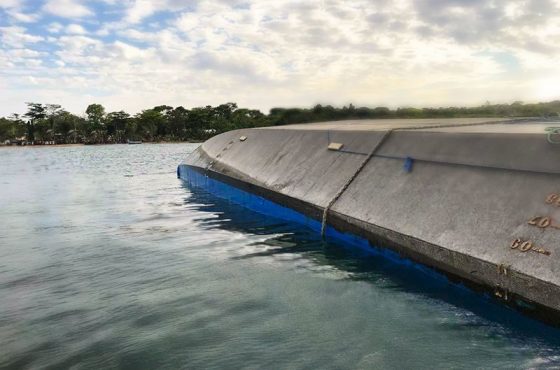Could IMO 2020 sulfur cap be subject to law of unintended consequences?
The International Maritime Organization’s 2020 global 0.5% marine sulfur cap is an act of stewardship to protect the planet and human health for generations to come, but the supply and demand imbalances created by the cap encapsulate the law of unintended consequences.
The new sulfur cap is expected to displace around 3 million b/d of high sulfur fuel oil, according to S&P Global Platts Analytics. While the 2020 sulfur cap will endeavor to protect the marine environment and human health in an act of stewardship, the excess cheap high sulfur fuel oil sidelined from the bunker industry could prove attractive to nations trying to save on costs for power generation, such as Pakistan, Bangladesh and other East Asian countries.
The use of high sulfur fuel oil in power generation is unlikely to be anywhere close to the 300 million mt a year that the bunker industry currently chews through, but a significant price drop could make it attractive for Middle Eastern consumers to use heavy fuel oil to churn out air-conditioning at lower costs. This potential increase in heavy fuel oil consumption for power generation would likely be at the expense cleaner products such as LNG.
“I think cost is the main driver for energy options. In the absence of stringent environmental regulations, cheap and polluting fuels will certainly find a market regardless of their environmental impact,” Dr Yousef Alshammari, CEO of UCERGY Analysts, told S&P Global Platts.
Thus, a protective initiative could have certain unintended consequences, as the drive for preservation following decades of industrialization and degradation by developed nations creates a headache for those looking at global supply and demand of traditional fossil fuels.
This amounts to a battle of price versus sustainability. Programs such as the United Nations’ Sustainable Development Goals need more focus in the energy industry, in combination with private funding, to assist industrialization in developing nations while discouraging the need to pursue cheap, heavily polluting fuels.
“Public-private partnership is always important in achieving development agenda,” Alshammari said.
It will not be long before the next environmental cap is imposed on the shipping industry and developing nations will be looking for new ways to benefit from the knock-on effects in their drive for economic growth and for consumer price protection. Consequently, it will be a challenge to align international development with sustainable fossil fuel or renewables use on a mass scale.
Source: Platts



